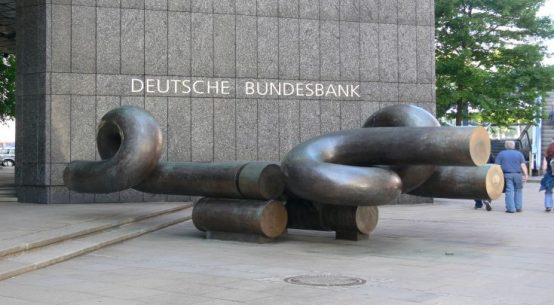Bundesbank: QE could turn Eurozone engines

The Quantitative easing program of the European Central Bank could help bolster the eurozone economy. As stated in the monthly report, the Central Bank of Germany points out that, if inflation will return to 2%, the ECB will have to start a normalization of its monetary policy process "regardless of the status of public finances and the level of financial stability."
Previously, the Bundesbank had been strongly opposed to the quantitative easing program launched by ECB 15 months ago, as it was feared that such an intervention would eventually reduce pressures on euro zone governments, urging them to slow down on reforms.
However, as stated in the note, the German central bank said that its business model "support the experience of other currency areas", under which it is possible to assume "an expansionary effect on economic activity and inflation demand" of QE.
At the same time, said the Bundesbank, "the uncertainty of the effects is still high." The two models of the Bank, in fact, show different results. According to the first of two, inflation could rise up to 2.5% by 2017, while the second assumes a 0.1% increase.
However Bundesbank continues to show some opposition, fearing that the more the plan will be prolonged, the more can cause side effects. That could lead to excessive risk appetite and a drop in bank profits and, over time, could compromise the Institute's ability to Frankfurt to reach the inflation target.

